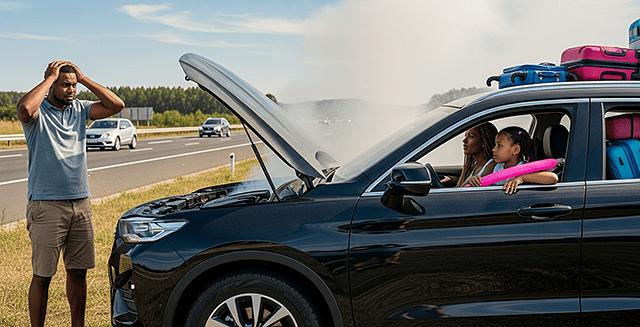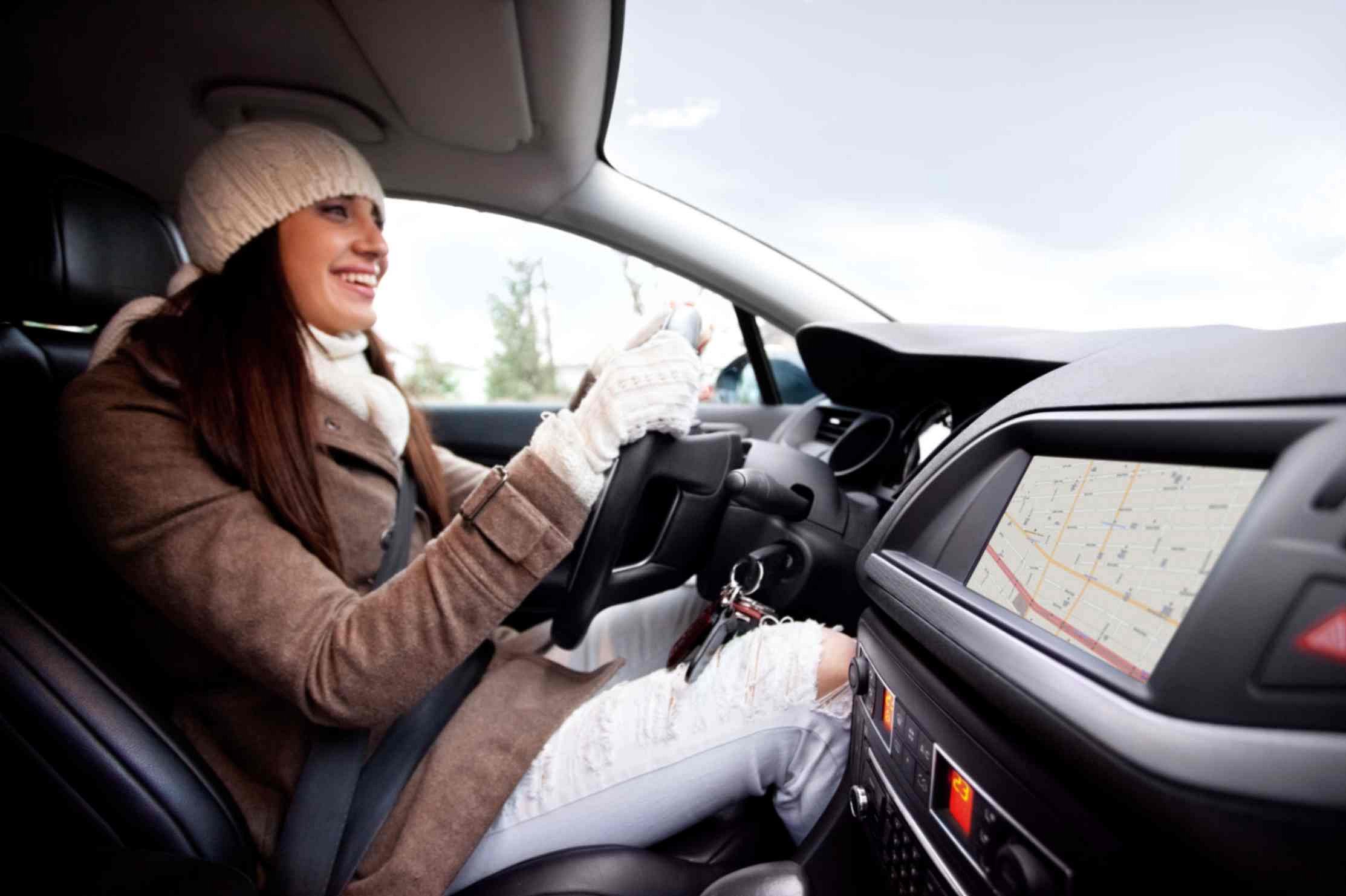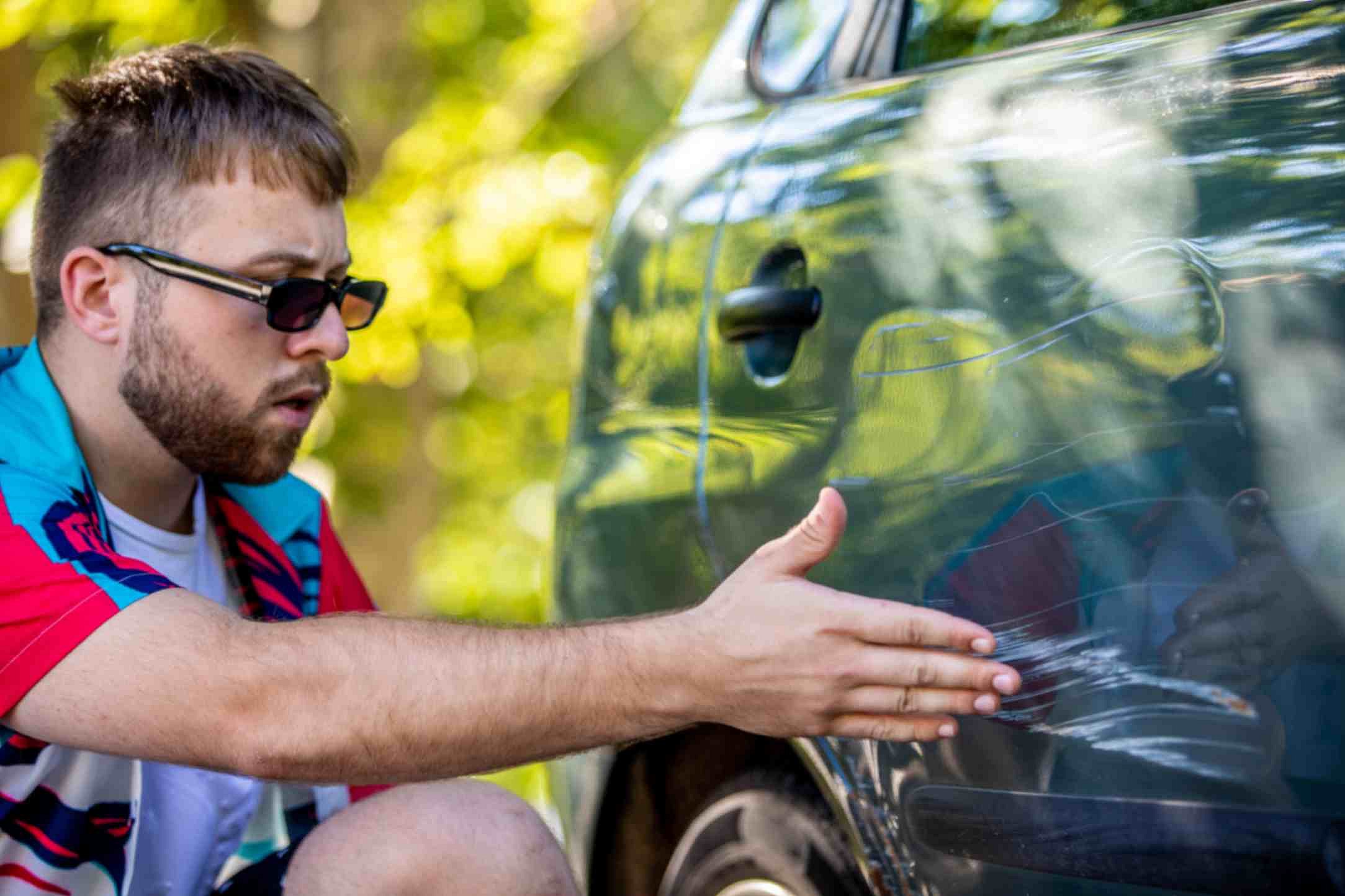Knowledge Hub

Difference between third-party & comprehensive car insurance
If you’re like many South Africans, you will have spent the past 24 months working from home full- or part-time. Now that vaccines and boosters are available, infection rates are slowing, and many offices are requesting that their employees return to full-time in-office work. For the first time in two years, you'll be navigating traffic. Whether you’ve been driving your car or it's been in your garage, you should re-evaluate your insurance before you hit the road. Before you compare car insurance quotes, here’s what you should know about the difference between comprehensive car insurance and third-party insurance and how Dialdirect’s vehicle insurance can supply you with both.
Comparing third-party & comprehensive car insurance
Understanding the difference between third-party insurance and comprehensive car insurance can help you select the best product for your particular needs. In short, third-party insurance covers you for damage you cause to someone else's car or property. In contrast, comprehensive car insurance covers you for the accidental damage or theft of your own car, in addition to the damage your vehicle may cause to anyone else's. And with an estimated 70% of South African drivers not having any insurance, forgoing either isn't a chance you should consider taking[1].
Here are a few more key differences between the two:
| Comprehensive car insurance | Third-party insurance |
|
Often the more pricey car insurance package, but the one that provides the most coverage. |
The most affordable car insurance, but providing the least amount of coverage. |
|
Emergency assistance includes a dedicated contact line and tow truck removal should your car get damaged in an accident. |
When you have an accident, you may need to arrange to tow your car away at your own cost. |
|
Many insurance companies offer a cashback bonus if you don’t claim for a certain period. |
Even if you don’t claim for a certain period, you don’t get anything back. |
|
Damage from nature-related disasters such as flood and hail damage is usually covered. |
You aren't protected from bad weather as you’re only covered for what your car does to another car or property. |
|
You can usually customise your comprehensive car insurance coverage depending on the special features that your car has, such as the presence of an upgraded sound system or canopy. |
Some third-party insurers might let you adjust your coverage or make inclusions for unique car features. |
|
If you have an accident and both your car and someone else’s car are damaged, you can make a claim and have the damage to both repaired. |
If you’re in an accident and your car and another person’s car are both damaged, only the other person will be able to make an insurance claim. You’ll have to pay to replace or repair your vehicle. |
|
If you write off your car, your insurance usually pays off any money owed to banks or for fines and then pays you what’s left to spend on a new car. |
If you write off your car, you will need to replace it from your own pocket. If it’s financed or there are any fines due on it, you will remain liable for these costs even if your car no longer exists. |
Pros & cons of third-party and comprehensive car insurance
There are a few similarities between comprehensive car insurance and third-party insurance you should be aware of. You won't be covered if you drive under the influence of any substance. You also won't be covered for damage incurred by your car should someone else use it without your consent and you fail to bring charges against them. Belongings in your car which are stolen or damaged during an accident won't be covered and anything covered under the Road Accident Fund will be paid for by them and not your insurer.
Here are a few other instances where you won't be covered:
- If your car is not roadworthy
- If you drive without a licence or with an endorsed one
- If your car is lost or damaged because you left your keys in it
- If you flee an accident scene
- If you use your car to make money, such as a shuttle or taxi service
- If you use your car for any competitive sport or motor trade
- If you carry loads heavier than what your car can carry
- If you use it outside South Africa
- If an accident causes someone to die or get injured
Pros & cons of third-party and comprehensive car insurance
Comprehensive car insurance can seem like a natural choice to insure your car as it offers so much more coverage than third-party insurance. If you finance your vehicle in any capacity, you’ll be required to take out comprehensive car insurance as a part of the legal agreement you have with the bank.
However, there are some instances where choosing the more affordable option might be better for you. For example, if your car is very old, no longer manufactured, or is simply a workhorse and not something you consider of much value, third-party may be the preferred option.
It’s also worth considering how heavily you use your car and where you drive it. If you travel long distances and use busy highways, you’re more likely to risk an accident than if you only use your car to run to the local supermarket every other day.
You might be better off choosing third-party insurance to protect you in the event of an accident and putting the left over budget in a savings account.
Get a car insurance quote from Dialdirect
Now that you know the meaning of comprehensive car insurance and third-party insurance, you can compare car insurance quotes to find the coverage you need. If you’re still unsure as to whether third-party car insurance or comprehensive car insurance is more suited to you, Dialdirect can help point you in the right direction so you can build a policy that gives you the peace of mind you need. For more information, contact us or request a quote today.
Sources:

We Have Great
Insurance Products
Need car, home & Life Insurance? We offer a wide range of insurance products. Switch & get cash back on insurance premiums.
Related blogs

Motoring Travel
Give your car staying power

Motoring Travel
5 Car tips for the cold season




